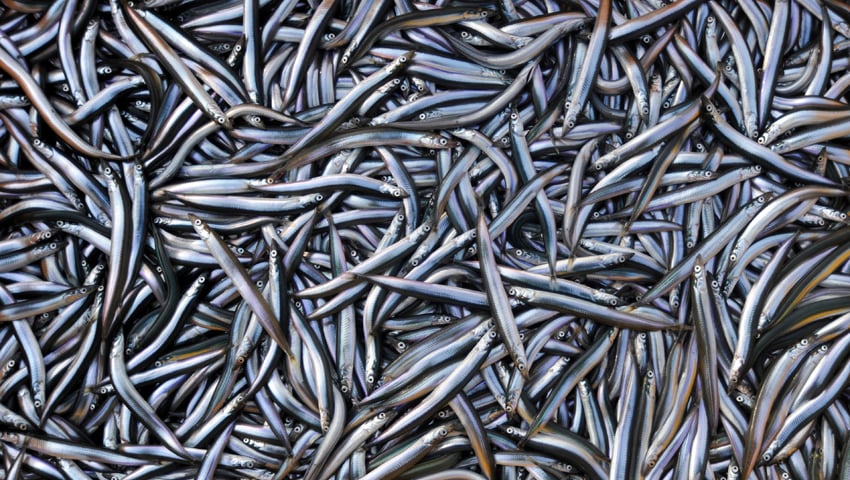In March 2024, the UK and Scottish governments closed industrial sandeel fisheries in the English waters of the North Sea and all Scottish waters. This closure was challenged by the EU and in November an arbitration tribunal was established to make a ruling.
This will be the first time the dispute settlement mechanism of the EU-UK Trade and Cooperation Agreement has been tested.
- A three-day hearing of the Permanent Court of Arbitration is due to begin in The Hague on Tuesday, January 28
- The RSPB says the EU will push declining seabird species including puffins and kittiwakes closer to extinction from Great Britain if the sandeel fisheries closure is overturned
- Option remains for the EU to withdraw its challenge and instead focus on working with the UK to protect and restore threatened seabird populations
Beccy Speight, chief executive of the RSPB, said, “The EU’s attempt to get this closure overturned risks pushing puffins and other declining seabird species even closer to extinction from Great Britain. The UK and Scottish governments have rightly thrown their weight behind defending it but the EU must step back from the brink and focus on upholding its own obligations to protect and restore marine ecosystems.
“Unsustainable fishing, disease and the impacts of climate change are just some of the growing list of pressures seabirds face. By protecting an essential food source, an end to industrial sandeel fishing is the single greatest measure that can help set them on the path to recovery. If the EU succeeds in its cynical bid, this closure will be far from the only thing left dead in the water.”
The decision to close industrial sandeel fishing in English waters of the North Sea and all Scottish waters comes at a critical time for internationally important populations of breeding seabirds in the UK. Sandeel play a key role in ensuring an abundance of biodiversity in the marine environment by providing a vital food source to vulnerable seabirds, commercially and recreationally important fish species such as haddock and whiting, and marine mammals including seals, porpoises, and whales.
The closure throws a lifeline to UK seabirds. Backtracking on it will pose a risk to their breeding success and population resilience as well as threatening wider marine ecosystems.
